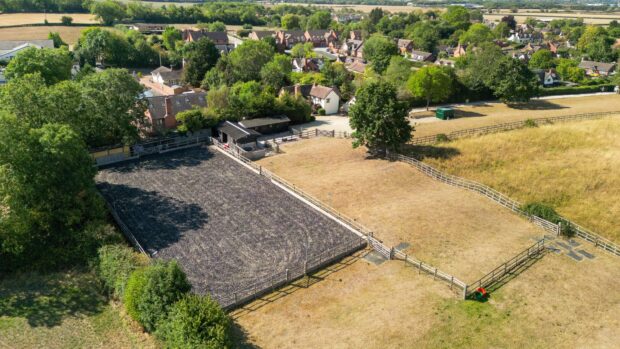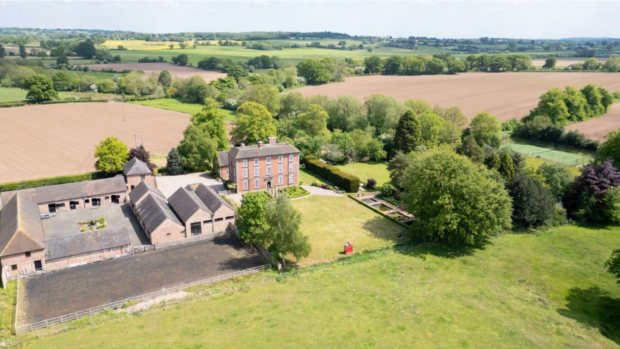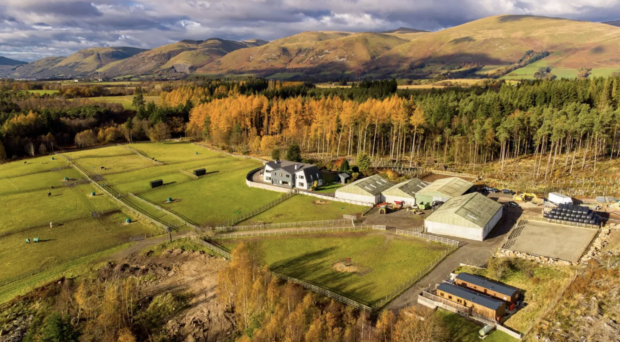When MPs voted to ban hunting and hare coursing last month they attempted to soften the blow by deferring the ban until July 2006 to give “businesses more time to refocus and diversify”, and hunt employees “more time to find new jobs”.
But the economics of hunting are more complex than MPs may have anticipated. In hunting counties, a ban could well affect the property market, and a delay in the Bill’s enforcement will make no difference to this.
Although Alun Michael optimistically announced that “the horse industry is buoyant and provides many opportunities,” many businesses that depend on hunting for their livelihood will be unable to diversify, flooding the market with hunter livery, hireling and dealing yards. But the effect of a hunt ban on residential equestrian properties remains less obvious.
“While the uncertainty prevails, buyers will not be deterred from purchasing an equestrian property,” says Justin Lowe of Greenslade Taylor Hunt in Yeovil.
If the ban is enforced, however, there is a real risk that supply will expand rapidly in places such as Exmoor and Leicestershire where the prospect of good hunting traditionally drew scores of second home buyers.
“Second homes bought as hunting abodes would be likely to come onto the market,” says Rowell. “Farmers who survive through renting cottages to hunting folk, having point-to-point meetings on their land or receiving hunt donations will inevitably suffer badly and some may be forced to sell,” says Diana Rowell of Churchill Country & Equestrian.
While some redundant hunting properties may find a new lease of life in other equestrian sports — hunter livery and hireling yards, for example, “may suit the fast growing polo community,” according to Rowell — demand for commercial and residental units in core hunting areas may lessen.
“The danger is if people really do think in the future hunting will be banned and as a result move off to France or Ireland, and we have an oversupply of property, then that is the trigger for values to fall,” says James Green of Stags in Dulverton.
Napoleon Wilcox of Webbers in Dulverton is more optimistic: “It is possible that there could be an effect on property prices but realistically this is only likely if a large number of equestrian properties are offered to the market for sale at a similar time.”
While the impact on property prices remains unclear at this stage, agents agree that a ban will wreak havoc on the social fabric of the countryside.
“A very high percentage of equestrian properties over the past 10 years have actually sold to buyers who do not ride but are more interested in acquiring a country property with land around it for privacy,” says Wilcox. A ban on hunting will probably accelerate this trend.
Kristina West of Fells Gulliver in Sway warns: “We can foresee property with hunting connections being bought by people from out of the area and possibly by speculators wishing to renovate and sell on at a profit. My feeling is that the change of ownership and the type of people that would be attracted to these newly renovated properties will inevitably change the accent on country life.”
Read more property editorial >>
Search for equestrian properties for sale >>
|
||
 |
||


 Get up to 19 issues FREE
Get up to 19 issues FREE TO SUBSCRIBE
TO SUBSCRIBE 


